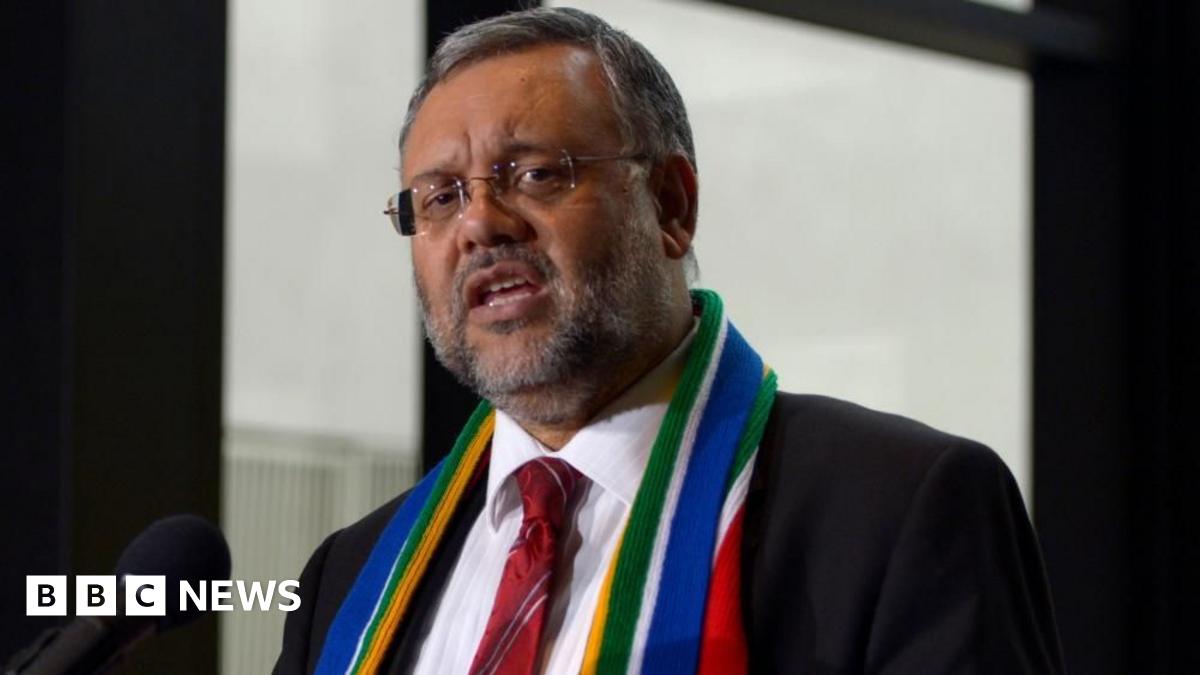An executive order last month – which froze US assistance to South Africa – cited “unjust racial discrimination” against white Afrikaners, largely descended from Dutch settlers who first arrived in the 17th Century.
It references a new law, the Expropriation Act, that it claims targets Afrikaners by allowing the government to take away private land.
“As long as South Africa continues to support bad actors on the world stage and allows violent attacks on innocent disfavoured minority farmers, the United States will stop aid and assistance to the country,” a statement from the White House said at the time.
South Africa’s 2022 census noted that white people – including Afrikaners – made up 7.2% of the population. However, according to a 2018 land audit by the South African government, white farmers owned 72% of the country’s individually-held farmland.
South Africa’s government, which is made up of 10 parties led by the African National Congress (ANC), said earlier that the US president’s actions were based on “a campaign of misinformation and propaganda aimed at misrepresenting our great nation”.
It added no land had been seized without compensation and said this would only happen in exceptional circumstances, such as if land was needed for public use and all other avenues to acquire the land had been exhausted.
A fact sheet from the White House states the country “blatantly discriminates against ethnic minority descendants of settler groups”.
Rasool – who previously served as US ambassador from 2010 to 2015 – was himself forcibly removed from his home in Cape Town’s District Six as a child after it was declared a white area under the Apartheid government.
He would later describe the eviction as a significant moment in his upbringing which guided his future.
Rasool became Pretoria’s ambassador to the US again in 2024.
Unnamed sources in the South African government told online news site Daily Maverick at the time that he was thought to be well placed to deal with a Trump administration because of the experience and contacts he had acquired during his first stint as ambassador.
